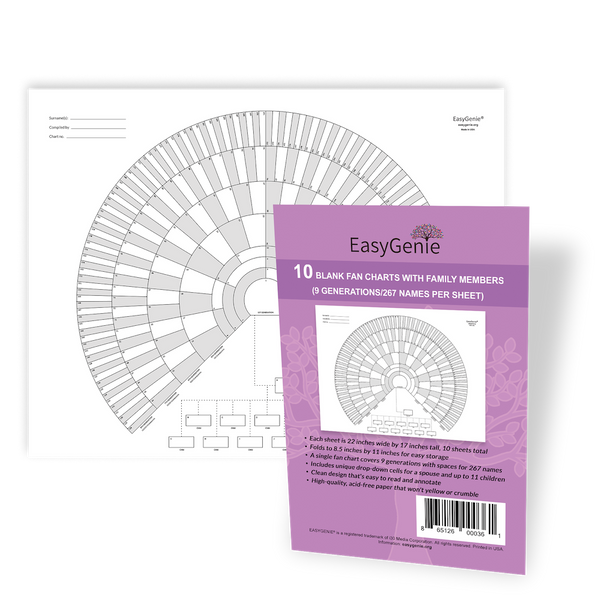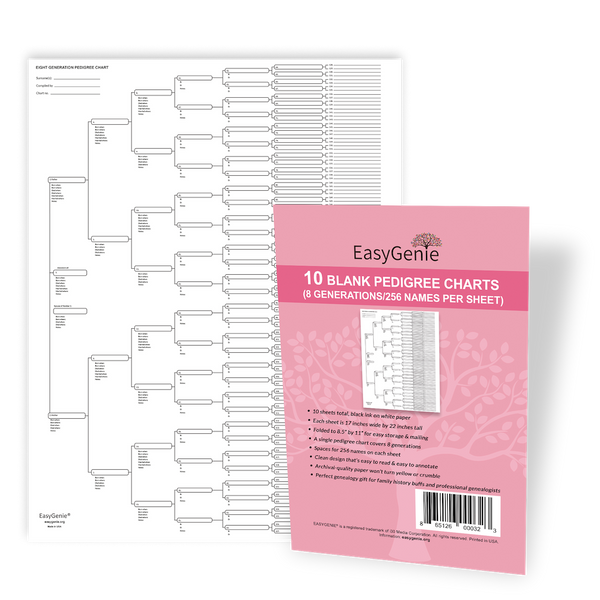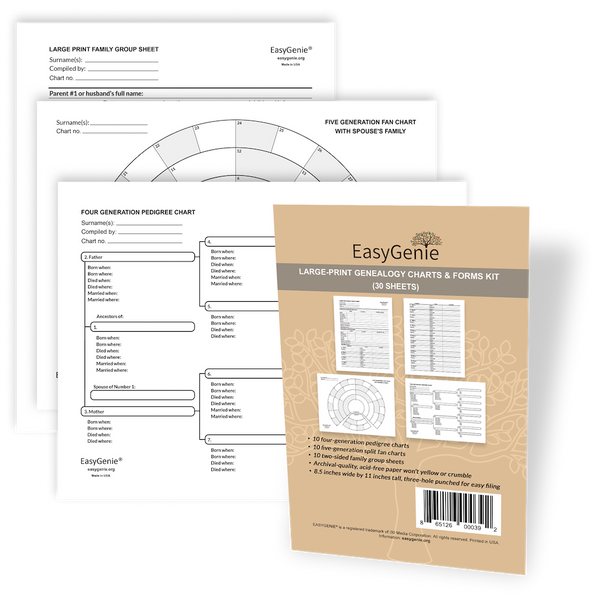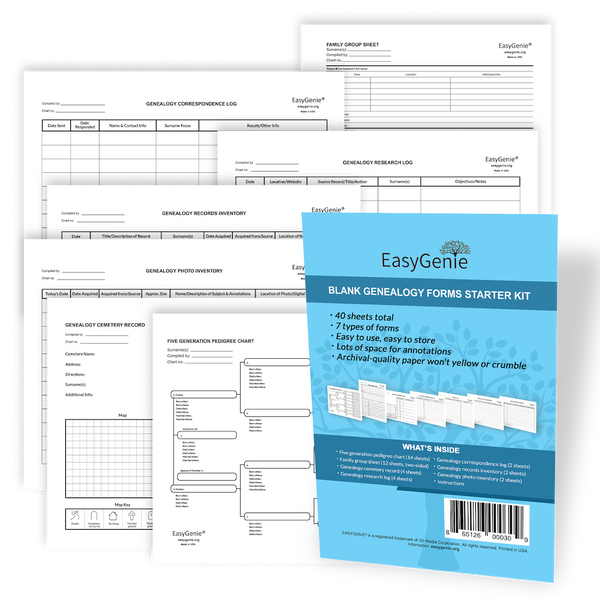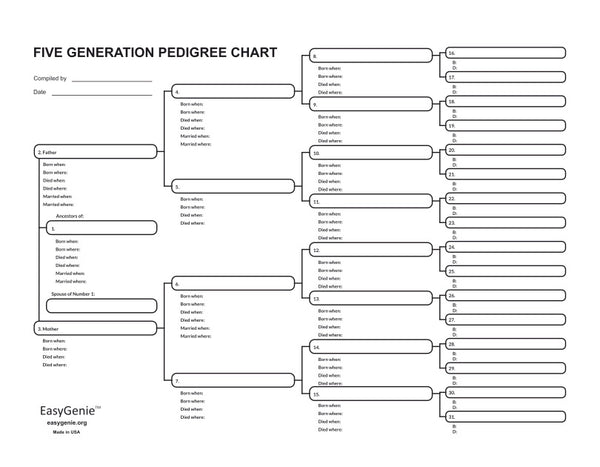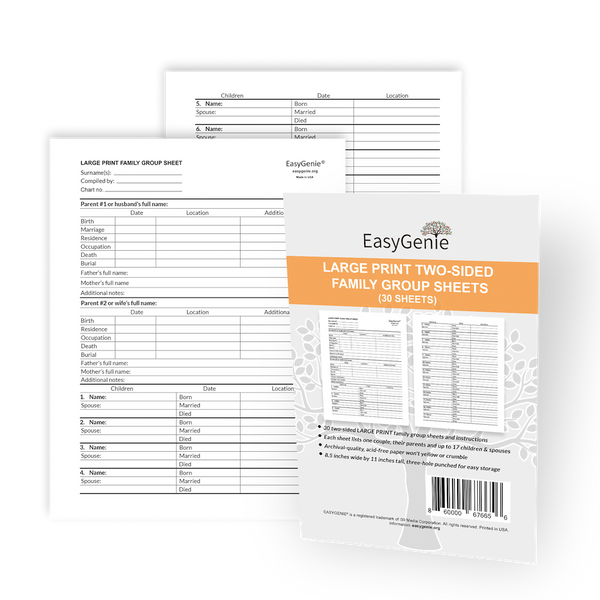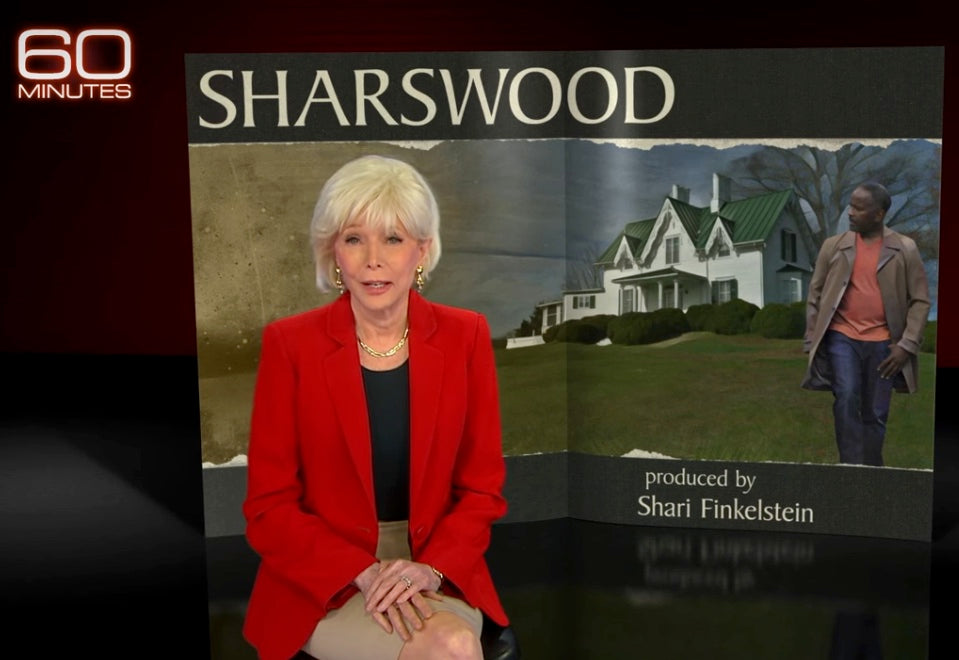
60 Minutes shows how African-Americans can break through genealogy brick walls
Ian LamontA recent episode of 60 Minutes had a special story that touches on family, history, genealogy, and place. It was the tale of the Millers, a large extended family from rural Virginia near the North Carolina border.
Air Force veteran Fred Miller decided to purchase a striking old house and property dating from before the Civil War to hold family reunions. We won't reveal the hidden connections that the new owners had with the property, Sharswood, as well as some of the other discoveries they made, but you can watch the video here.
As genealogists and family historians, we were very interested in the techniques used to uncover the secrets. The Millers, like most African-Americans whose ancestors were enslaved, had a "brick wall" before the Civil War. Enslaved people were not enumerated by name on the U.S. federal census - only their ages, gender, and the names of their owners were included in the census slave schedules used in southern states.
For African Americans researching their roots, this requires extra creativity and dedication to track ancestors and connect the faint dots that do exist. The family got in touch with a local genealogist and historian, Karice Luck-Brimmer, who was able to break down the wall, using some of the same detective techniques that we've seen on Finding Your Roots, and indeed anyone can do with access to sites like FamilySearch and Ancestry.com.
It involves doing traditional research with post-Civil War records that contain first and last names of formerly enslaved people, along with other information such as approximate ages and addresses. Such documents include:
- 1870 and 1880 federal census returns
- Birth certificates
- Death certificates
- Marriage certificates
- Military pension records
Even though the U.S. Federal Census slave schedules from 1860 and 1850 do not contain people's names, other pre-1865 records sometimes have first names and other relevant information that can establish connections. Researchers often turn to:
- Probate records
- Slave birth indexes
- Private letters
- Newspaper "fugitive slave" announcements published in the South and North
In this case, the Virginia Slave Birth Index provided the smoking gun that enabled the Miller family to breach the brick wall!



